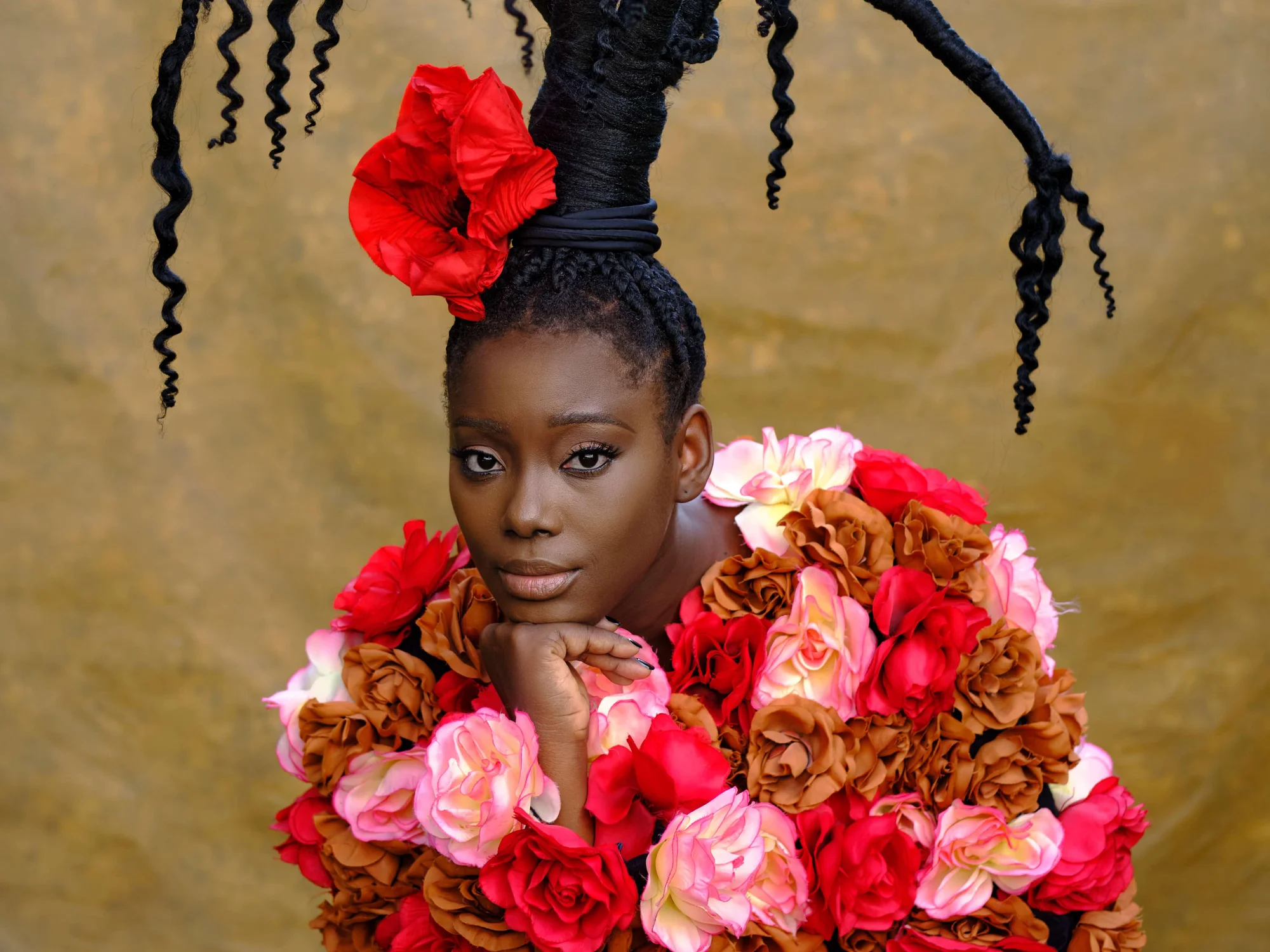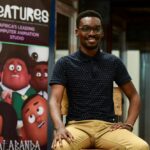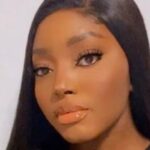I decided very early on that I wasn’t self-publishing the book. It was both an individual experiment and, for lack of a better word, a communal experiment to publish within the publishing industry.
I wanted to learn the process of being published by a publisher so that I can, hopefully in the future emulate it in Ghana because I think one of the things we are lacking here is a publishing industry. Most of the publishers here don’t publish fiction, non-fiction and poetry. It’s mostly textbooks, Christian books or self-help books and so I wanted to learn in such a way that I will be able to know how to work within the local community and then the international platforms.
I think that’s what kept me going, just that decision that by hook or crook, I had to get published. I have to find my way into publishing.
I did get a lot of rejections. And I kept an excel sheet of all the pitches I had sent, all the places I had sent to, all the agents I had queried, all the people who replied back, I kept an excel sheet of every information. I kept going. I just refused to give up. To be fair, at some point in time, I wondered if I should push my fiction manuscript before I pushed my poetry because fiction sells better than poetry does. It was very important to me that I published my poetry first because I know that poetry is the first platform that really gave me the freedom to be. And I wanted that platform to be the one to begin my published works.
Poetry is at the bottom of the table. Poetry sells the least. Poetry almost has no agents. There are agents for fiction, non-fiction, sci-fi, think of any genre there are agents for it. Poetry has very, very few agents. It wasn’t a nice surprise.
I found it interesting to learn the model. You have to find an agent first. And then that agent would broker a deal between you and the publisher or you and an editor. And then you will become part of that publishing house for your books. And then there’s a marketing team dedicated solely to you, there’s a PR team… in the end, the book becomes a product, just like, I don’t know, tinned tomatoes or an iPhone. The book becomes a product that has to be sold like a product. That’s also something I found surprising because in a sense I feel literature is an art form. Literature is a necessary function of our society so for it to eventually become a product was surprising.
I hope that they get the permission to rage, to dream and ask for more as a woman. That book is very entrenched in womanhood – both women in the past, future, present and self. A lot of the work is written from the perspective of womanhood so I hope anyone who reads it regardless of gender will have the permission to either themselves rage, dream, ask for more or give women the space to do all these things.
My issue particularly with being tagged a female poet is that it is very restrictive. It’s very limiting, and to the point where there is a whole word, unless you are French, there is a whole word created for this, poetess, which is not a thing. Poetess is not a word. It feels like a quota. People are looking for female poets just so there is female representation, not because you are great, probably the best among whichever genders there is. That is my priority, like I am creating because I exist as me. A lot of my content, which I am sure you are familiar with is undeniably… you can listen to it and even if my voice wasn’t distinguishable, you can tell that I either am a woman or I believe in womanhood. My identity is automatic. It’s not something I can strip away from.
Personally, I don’t want to be called a ‘poetess.’ I don’t want the tag. I think ‘poet’ is non-binary. I think it works for either gender and for me, that’s how I want to identify. How I try to do that is I try to be very mindful of myself, of my identity as a woman, and, at the same time, I try to be mindful of my place in my community. What do I want to do so that the next woman or people around me who want to create won’t have to identify as a woman to be able to be in that space? That’s one of the ways that allows me to tailor what I want to create.
All of the things that I have started – Black Girls Glow, Tampered Press – any of the initiatives that I work on, I do it from a place of wanting to belong. These are spaces that I knew if I had access to when I was younger, I think I would have flown off much faster than now or I would have done monumental work. And so, I always create them because I feel they need to exist. And I think that’s the essence of the people, that’s the essence of the community, that’s the essence of the country — that we are constantly evolving. So I hope that my legacy is that people will always be willing to work together as a community and willing to evolve.
I want people to come into the space and say, ‘Okay, what isn’t working? What isn’t literature doing that it’s supposed to be doing? What isn’t art or music doing?’ I want people to believe that you can be an artist and it will be enough. In summary, I want people to look at my life and say, ‘Yeah, she was an artist and it was enough for her to be an artist, and I can be exactly that.’















